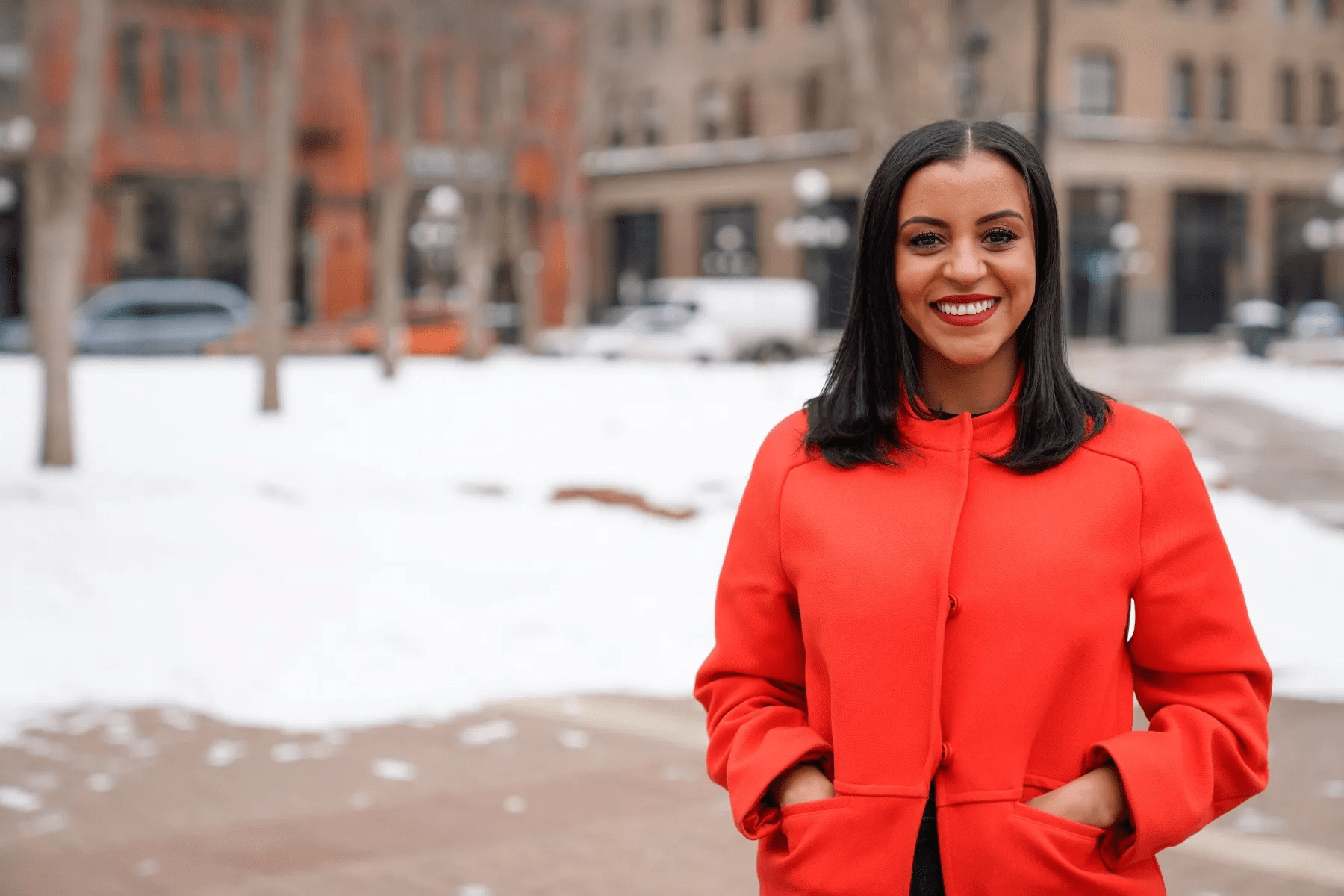Congressional candidate Amane Badhasso questions treatment of immigrant DFL delegates

Amane Badhasso is running in Minnesota's Fourth Congressional District and could become the first Oromo elected to Congress.
Courtesy of Amane Badhasso For Congress Campaign
Go Deeper.
Create an account or log in to save stories.
Like this?
Thanks for liking this story! We have added it to a list of your favorite stories.


